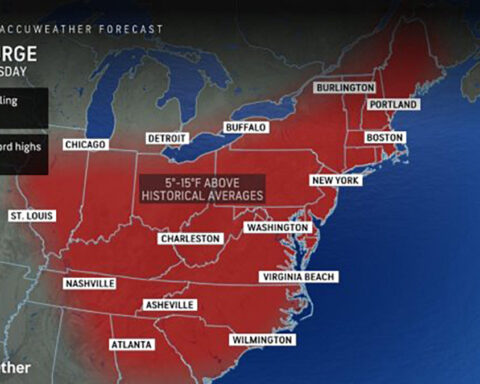A proposed urban reforestation program in Massachusetts aims to help cities mitigate the effects of climate change.
Legislation would create a state advisory council to help municipalities choose the best timing for tree plantings and which native species would be most effective in reducing urban heat islands caused by large swaths of concrete.
Rep. Steve Owens, D-Watertown, said funding would be prioritized for neighborhoods with less than 20% of tree canopy cover.
“Things like selecting the optimal sites, analyzing current tree canopy,” Owens outlined. “That’s something that folks may or may not be able to do on their own.”
Owens pointed out neighborhoods are losing trees to development and environmental factors faster than they are being replaced. He said studies have found trees not only keep neighborhoods healthier and cooler but are also associated with a reduction in crime.
The urban reforestation plan would build upon Massachusetts’ long-running Greening the Gateway Cities program, which aims to plant more trees in areas suffering economically from the loss of manufacturing jobs.
Owens noted many of the areas are also considered environmental justice neighborhoods, which have a greater number of tree deserts and higher rates of particulate matter in the air.
“Tackling those first is not just important because they have the fewest trees but it’s usually because they have the most impact of pollution,” Owens asserted.
Owens added increasing tree canopy cover is both a climate mitigation and carbon-capture solution, which could help Massachusetts reach its net-zero emissions goal by 2050. The bill has advanced out of the state’s Environment and Natural Resources committee.

















